He did not have money to continue his schooling. His well-off best friend went and told his father, who is a priest in a temple in the southernmost island of Rameswaram in Tamil Nadu, to help his friend because he is extremely talented and that should not go waste. The priest realized his son’s urge and helped his friend. After completing his schooling he went to Madras (now Chennai) to pursue further studies. He worked as a vendor dropping newspapers in people’s doorsteps to support his livelihood. To save time he would roll the dailies like rockets and throw them into the balconies of high rise buildings. From this technique of perfectly targeting dailies into balconies he got the inspiration into the world of rocket science and technology. He is none other than the 11th president of India, Dr APJ Abdul Kalam who breathed his last in Shillong on Monday evening while doing what he loved most – teaching. He believed, “If a country is to be corruption free and become a nation of beautiful minds, I strongly feel there are three key societal members who can make a difference. They are the father, the mother and the teacher.
Dr Kalam had a humble beginning with high ambition. His tale from the school at Rameswaram up to the highest office of the land – President of India – is a tale of ‘rags to riches’. ‘Riches’ not in the sense of the millionaires and billionaires but his vision of India to be a developed nation, his undying concern for the youths, his erudition on the Vedas and the ancient Indian treasures, his unparallel contribution to science and technology and most importantly his approachability makes him truly a ‘People’s President’. He never lost his humbleness even after achieving the most that one can in this land besides the highest civilian award – The Bharat Ratna. Having led a humble beginning early in his life he knew what it means and his concern for the poor and the commoners were overtly indicative during his interactions. Even during his speeches at any venues he would give the example from the lives of the minutest of the commoners in the country he has come across. He showed that India is a ‘Commoners’ Nation’ and he cared for them till the last breathe of his life. His loss is irreparable, indeed, to the nation.
On Monday evening the people of Shillong were shocked with the rest of the country. Meghalaya, which hardly finds space in the national media, was the centre stage where for some time all channels were glued to. The last time when Meghalaya received so much of attention was during the ILP (Inner Line Permit) conundrum when innocent lives were lost at the hurling of petrol bombs. This time it is our great president whom all countrymen adored. The Meghalaya Chief Minister who is put on a media vacuum by the local media houses here for his unparliamentarily comment against it in the state assembly was seen expressing his reflections on the president to a national media house. One channel flawed in pronouncing ‘Nongrim’ Hills where the Bethany Hospital is located. It went as ‘Nongram’ Hills. The hospital was the final part of Dr Kalam’s journey to this abode of clouds. His departure indicates the deep-seated respect and regard that he held for this region that he always reverted whenever he was called here.
There is so much to learn from the president’s life. The institutions, particularly the centres of excellence put up by the union government for the people of this region, are suffering for want of manpower because of communication hurdles and interior geographies. Despite the plethora of allowances and benefits provided by the union government to employees serving in the northeastern region there is still real dearth of manpower. This has taken toll on the functioning of these institutions. But Dr Kalam has never bothered himself with such obstacles rather he made himself available for the greater good of the student community whenever there was a call. On this occasion, he traveled the entire 100km Guwahati – Shillong National Highway in a car. He never looked like an octogenarian, ever agile, alert and with a rise smile on his face. There was no sign of any exhaustion even prior to the lecture that he delivered at RGIIM (Rajiv Gandhi Indian Institute of Management) here on Monday evening in the course of which he collapsed. He was taken away by the almighty for he has served his purpose on earth.
Being a Muslim himself, he mastered Bhagwad Gita, Upanishads among others more eloquently than perhaps many Hindus. He was a vegetarian all his life. An avid reader, his books ‘Wings of Fire’, ‘Ignited Minds’, ‘Target 3 Billion’, ‘Turning Points’ and others will continue to encourage the vast masses of youths in the country. In another book, ‘India 2020’ he envisioned India as a superpower economy by 2020. He got inspiration to write this book from a young girl whom he met and asked “what is your dream” to which the girl replied “I want to live in a developed India”. Dr Kalam dedicated this book to the young girl. He outlined the weaknesses and strengths of India in the book and strongly advocated action plans to make India a superpower. His vision of India being a knowledge superpower and developed nation and how rightly he said, “You have to dream before your dreams can come true. Dream, Dream, Dream. Dream transforms into thoughts. And thoughts result in action.”
He was noticed and elevated to the post of president by former Prime Minister, Atal Bihari Vaypayee. His holding of this high office was impeccable as he remained India’s first apolitical president. He once said, “One thing that I could not do all my life is politics.” But politics did not leave him as his second term in office was defied by the brazed INC (Indian National Congress). Or else he would have the distinction of serving two straight terms only after Rajendra Prasad, the first president of independent India. His origin from the southernmost island of Rameswaram to his departure to the northeastern-most town of Shillong was a journey that will remain ever exceptional.
Some of his all-time great quotes are for the youths of the nation. “My message, especially to young people is to have courage to think differently, courage to invent, to travel the unexplored path, courage to discover the impossible and to conquer the problems and succeed. These are great qualities that they must work towards.” Addressing students he once said, “One of the very important characteristics of a students is to question. Let the students ask questions.”
His take on religion and science is a message of its kind. Commenting on religion he said, “For great men, religion is a way of making friends; small people make religion a fighting tool,” whereas on science he said, “Science is global. Einstein’s equation E=mc2 has to reach everywhere. Science is a beautiful gift to humanity. We should not distort it. Science does not discriminate between multiple races.” Further commenting on scientific development on another occasion he stressed on the importance of English as a language. “English is necessary as at present original works of science are in English. I believe that in two decades times original works of science will start coming out in our languages. Then we can move over like the Japanese,” he said.
Dr Kalam was an admirer of poetry too, “Poetry comes from the highest happiness or the deepest sorrow.” One of his most difficult tasks being a president was to decide on death penalties awarded by courts. “One of the more difficult tasks for me as President was to decide on the issue of confirming capital punishment awarded by courts… to my surprise… almost all cases which were pending had a social and economic bias. This gave me an impression that we were punishing the person who was least involved in the enmity and who did not have a direct motive for committing the crime.” And he had a great sense of humour, too. “I'm not a handsome guy, but I can give my hand to someone who needs help. Beauty is in the heart, not in the face.”
- 9032 reads

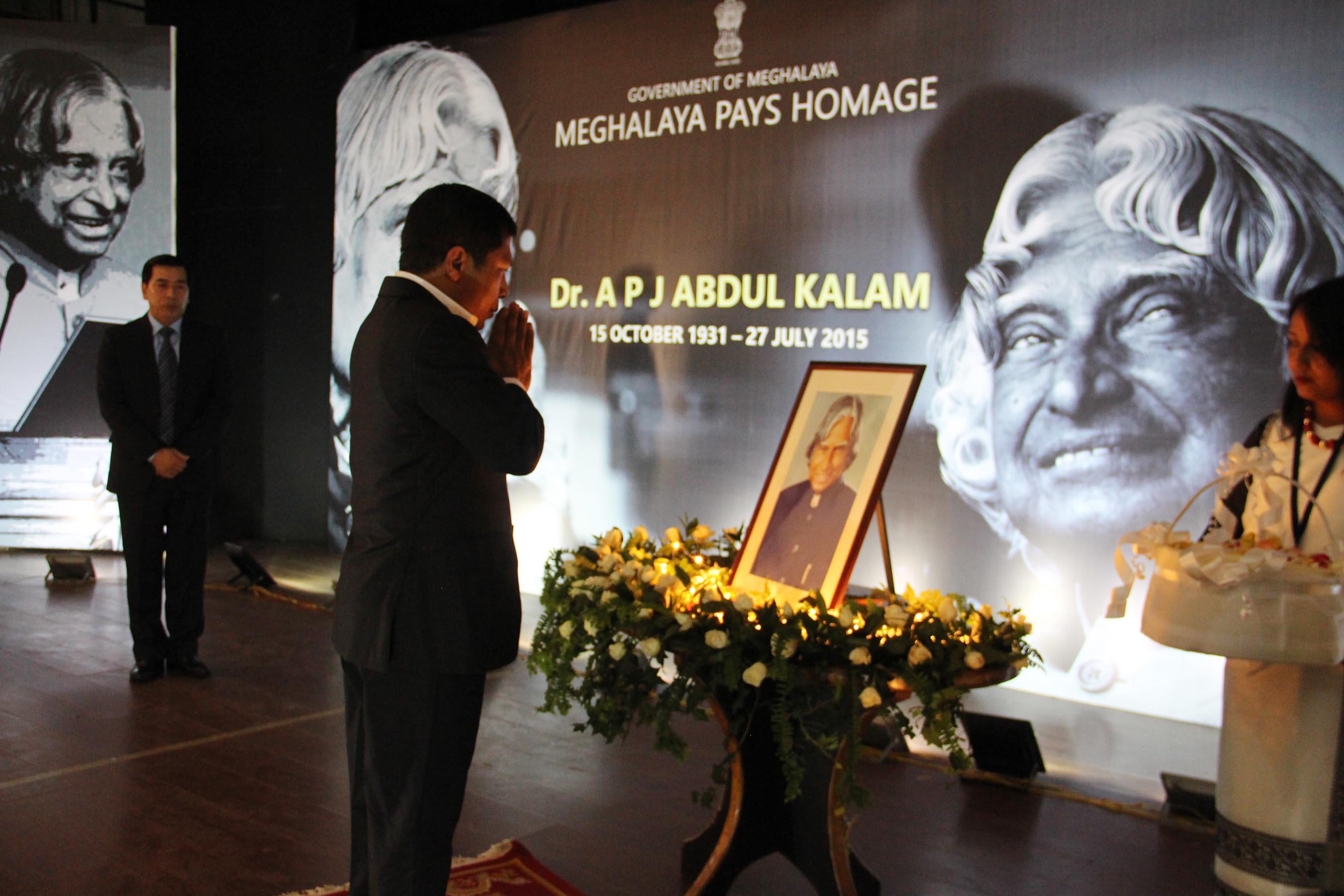
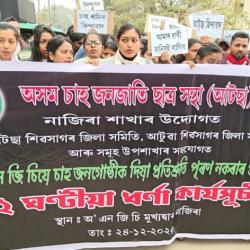
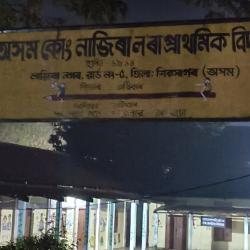
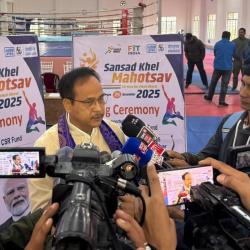
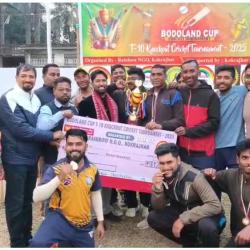
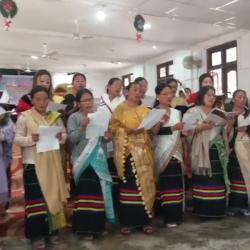

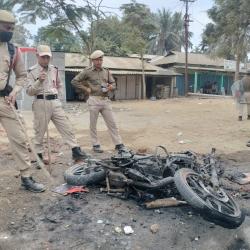

Add new comment